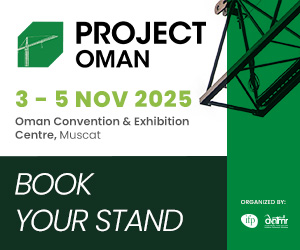Qatar continues to prioritize sustainable development and economic diversification, particularly in the face of rapid population growth and urban expansion. In line with its Qatar National Vision (QNV) 2030, launched in 2008, the country is undertaking a wide range of strategic infrastructure projects designed to ensure a high quality of life for future generations.
Backed by the guiding principles of the national constitution, QNV 2030 lays out Qatar’s medium- to long-term development goals, with strong emphasis on education, healthcare, research, transport, and industry. Over the last two decades, the country has transformed both physically and economically—emerging as a regional leader through major investments in urban development, transport networks, utilities, and world-class event facilities.
In May, the Public Works Authority (Ashghal) announced a five-year infrastructure plan valued at more than USD 22 billion. The plan covers projects ranging from residential land development and public buildings to sewerage networks and strategic drainage systems.
According to Salem Al-Shawi Al-Marri, Director of Road Projects at Ashghal, the plan will support the development of infrastructure in both existing and newly allocated residential plots for Qatari citizens, along with major public facilities such as schools and healthcare centres.
Key components of the plan include:
Construction of two major rainwater drainage tunnels—one in northern Doha, the other in the south.
Three large-scale residential infrastructure projects targeting Doha’s northern, western, and southern zones, benefiting over 5,500 land plots.
Development of sewer networks, water and electricity grids, street lighting, landscaping, irrigation systems, and urban beautification works.
Road safety enhancements, particularly near schools and health centres.
The projects will also involve public-private partnerships, particularly for infrastructure in newly planned communities. One of the most notable PPPs will be phase two of the Al Wakra and Al Wukair wastewater treatment plant, which is currently in preparation.
With this multi-billion-dollar investment, Qatar is reinforcing its long-term commitment to integrated, citizen-centric infrastructure development—aligning growth with sustainability, innovation, and inclusive urban planning.
Source: The Peninsula











































































